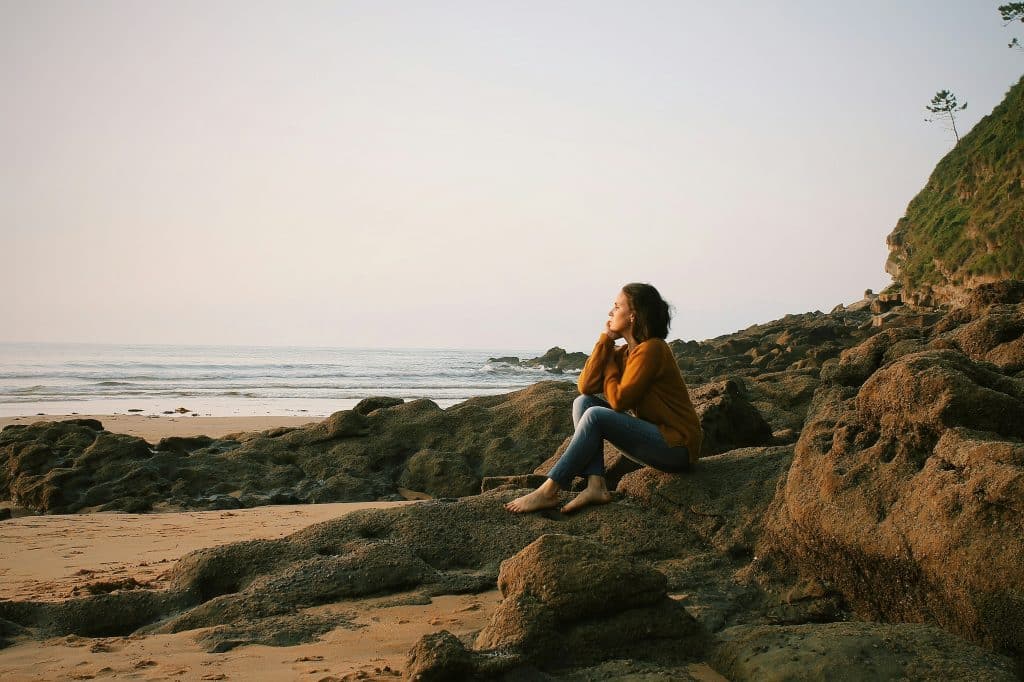When you look at others, what do you see?
Do you carry a mirror wherever you go?
The truth is that in reality we all do, without realising it. When we judge others we are often just looking at a reflection of ourselves.
I was ‘innocently minding my business’ the other day in a local coffee shop when I overheard a snippet of a conversation a couple were having at the next table.
“That Mary is such a gossip! Did you hear the other day how she was slamming the woman at the green-grocers about her daughter running off with a painter? I mean heaven knows that is shocking, but why does Mary have to go round telling everybody about it? She’s one to talk isn’t she when she’s on her third husband and one in the fire if you know what I mean. It’s shameful.
I wouldn’t speak to her at all, but I like to know what mischief she’s up to. She’s such a trouble maker…”
The gentleman opposite the speaker nodded wisely and said, “If there’s one thing I can’t stand, it’s people spreading rumours. There’s a chap in my office who’s just as bad. I’m pretty sure he’s having an affair with his boss too. The hypocrisy of the man.’
How easy it is to see in others the things that are deepest in ourselves. It’s not lost on me that in this blog I am falling prey to the same weakness – eavesdropping on a conversation and then sharing with others sounds pretty much like gossip to me!
The fact is, a gossip is often affronted by the tattle of others, a selfish person will believe that others are only interested in their own agenda.
When you get fired up at the behaviour of another it can be worth pausing a moment and asking yourself – ‘how am I projecting this onto them?’
If you see someone that is controlling, ask yourself ‘what do I want to control?’ If you get angry with a loved one because they are lazy, ask yourself ‘what do I want to avoid doing?’ If you laugh at another for being stupid or ignorant, ask yourself ‘what am I afraid of not knowing?’
It doesn’t mean that all the bad things we see in others are really in us, but it is often true that the deepest seated problems are the ones we recognise the least in ourselves. When another person really gets to you it may well be a sign that something of yourself needs resolving. And strangely if you overcome that something you may find that the other person also stops the behaviour!
And it works the other way around too of course.
The good that we see in others too, can be the goodness in ourselves. When you admire a generous act, it may be because you are generous in spirit, or that you aspire to it. When you acknowledge the beauty of another you become more beautiful. When you love, you become more loveable. In remembering this it is a good opportunity to value ourselves a little more and recognise our own contribution.
So if you do carry a mirror: when you feel the urge to check your hair, or touch up your make-up, be aware that you may be seeing yourself more often than you realise.
The theme of looking in the mirror rather than at others is developed at length in Susan Jeffers’ best selling book “The feel the fear guide to lasting Love”. A great book to read as we edge towards Valentine’s Day.

